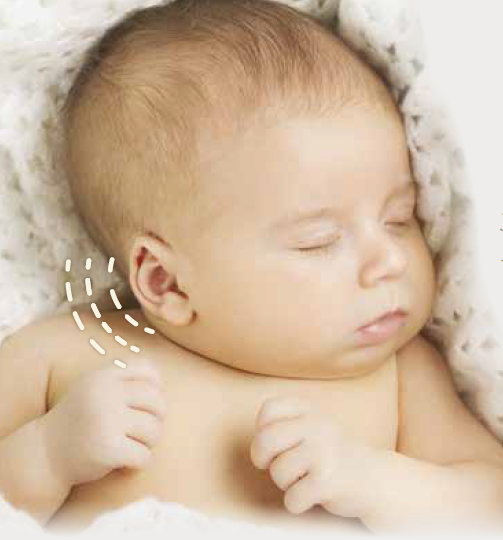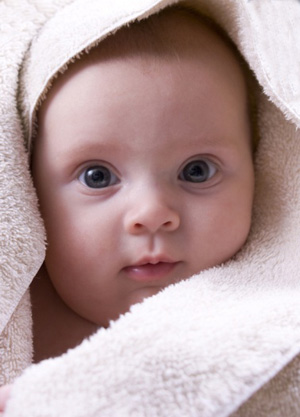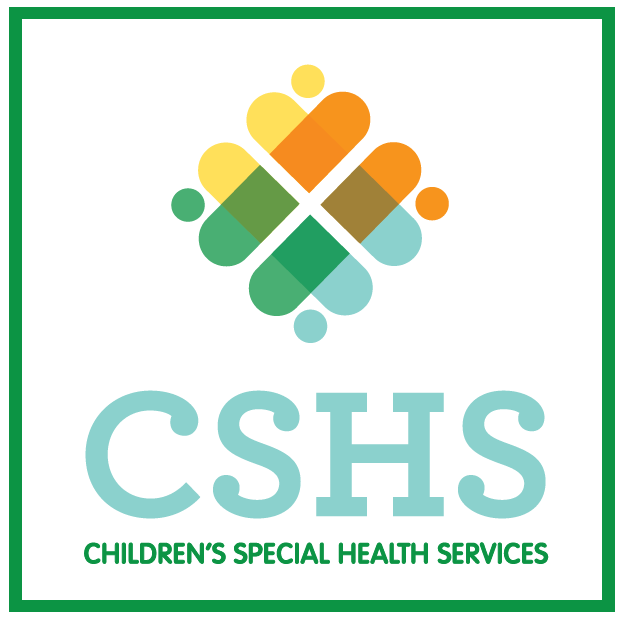Children's Special Health Services

Resources for Parents

Hearing Screening is Important
Identifying hearing loss early is important. Speech and language skills start to develop at birth, even though babies don't usually talk until about 1 year of age. A child with hearing loss may have difficulty with speech and spoken language. If a baby has a hearing loss it is usually not noticeable to parents or doctors. Screening and follow-up testing are the only ways to find hearing loss early.
All babies should be screened for hearing loss soon after birth—before your baby is one month old. Most hearing screenings are done before discharge from the birth hospital. Results on hearings screening may be "pass", which indicates that no further screening is necessary, or "refer". A "refer" result does not mean that your child has a hearing loss. However it does mean that follow-up testing is necessary. If a "refer" result is obtained on the first screening a second screen should be performed before your baby is one month old.
Hearing Screening Resources
Second hearing screenings can be performed at your baby's birth hospital or FREE SECOND HEARING SCREENINGS are available from Hearing Conservation Program (HCP) audiologists. These Audiologists will also perform FREE HEARING SCREENINGS for babies born outside hospital settings.
 Montana HCP Audiologists
Montana HCP Audiologists
Can I check my baby’s hearing at home?
Even though it may seem like your baby can hear at home - he or she jumps when there is a loud noise or turns when you clap your hands - it is still very important to have your baby’s hearing checked. Some babies with hearing loss can startle to loud noises, but they can’t hear softer sounds, like your voice.
What if your baby does not pass newborn hearing screening?
This means that your baby has had two hearing screening with “refer” results. It's very important to get a full hearing test from an audiologist experienced in working with young children as soon as possible—no later than three months of age. The sooner you find out about a hearing loss, the sooner you can help your baby. Your baby’s doctor can help you with any audiology referrals that are needed for your baby and may also refer you to an Ear, Nose, and Throat specialist to make sure your baby doesn’t have an ear infection or other condition that may need medical treatment before further hearing tests.
A pediatric audiologist, who is an expert trained to test hearing in young children, will do a full hearing evaluation. The audiologist will ask questions about your babies overall health and any hearing loss in your family. There are many kinds of tests an audiologist will do to find out if your baby has a hearing loss, how much of a hearing loss there is, and what type it is. Based on these tests, the audiologist will provide parents with any treatment options that may be available if your baby has a hearing loss.
 Montana Pediatric Audiologists
Montana Pediatric Audiologists
It’s important to find appropriate services. Hearing loss can affect a child’s ability to develop communication, language, and social skills. The earlier children with hearing loss start getting services, the more likely they are to reach their full potential. If possible it is best to begin receiving early intervention services for your baby before he or she is 6 months old to help your baby learn to listen and develop language. Research shows that most children with hearing loss who receive in early intervention before 6 months of age, have good speech, language, and listening skills.
In Montana, the Montana School for the Deaf and Blind (MSDB) is designated as the primary resource for parents whose children are diagnosed with a hearing loss. The Montana Newborn Hearing Screening and Intervention Program makes a referral to MSDB whenever a baby has a diagnosis of permanent hearing loss. Outreach consultants will contact the family and provide information on treatment and communication options, needed referrals, counseling, and instruction for families based on the family’s individual need. They also work closely with early intervention service providers (Part C) and local schools to ensure children are receiving appropriate services based on each child’s needs.
 Montana School for the Deaf and Blind
Montana School for the Deaf and Blind
Other Family Resources
- Montana Newborn Hearing Screening Brochure



